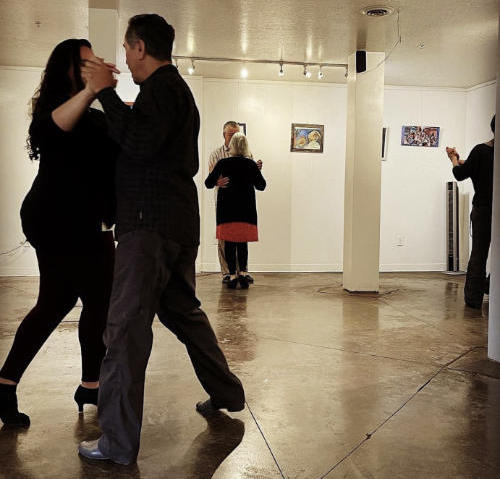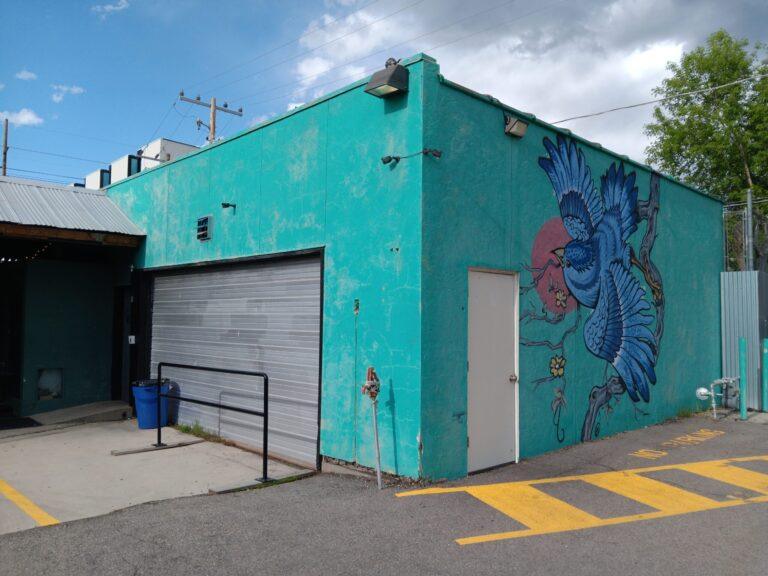Practicas
Differences Between a Practica and a Milonga
1. Atmosphere:
- Practica: A relaxed, informal setting where dancers come to learn, experiment, and refine their skills. It’s a supportive space for trying new movements without worrying about perfection.
- Milonga: A social dance event with a lively yet elegant atmosphere. It’s not about performing or showcasing skills—it’s about connecting through the silent language of tango.
2. Purpose:
- Practica: The goal is to practice technique, troubleshoot movements, and explore ideas in a low-pressure environment.
- Milonga: The goal is to enjoy the music, connect with partners, and immerse yourself in the social and communal aspects of tango.
3. Music:
- Practica: Music is casual, often mixing traditional and non-traditional tango tracks. There’s no strict tanda or cortina structure.
- Milonga: Features curated traditional tango music played in tandas (sets of songs) with cortinas (short non-tango music breaks).
4. Partner Rotation:
- Practica: Partners are chosen casually, and it’s common to rotate frequently or stop mid-dance to discuss and refine movements.
- Milonga: Partners are often chosen through the cabeceo (eye contact and nod). Rotation happens between tandas, respecting the flow of the event.
5. Interaction:
- Practica: Conversations happen throughout—dancers discuss, pause, and correct as they work together.
- Milonga: On the dance floor, communication is through body language and subtle cues, creating a flowing and silent dialogue. Off the floor, socializing happens during cortinas or breaks.
6. Attire:
- Practica: Dancers wear casual and comfortable clothing, allowing for easy movement and experimentation.
- Milonga: Dress is often elegant and reflects the formal nature of the event.
7. Floor Craft:
- Practica: Floor craft is flexible, and stopping mid-dance to work on a step is expected and encouraged.
- Milonga: Maintaining the line of dance and respecting floor etiquette is essential to ensure a smooth and enjoyable experience for everyone.
8. Role of the Host/Teacher:
- Practica: Teachers are often present to give feedback, answer questions, and guide dancers through challenges.
- Milonga: The host focuses on creating a welcoming ambiance but typically does not provide instruction.

Tango & Coffee
Sundays 1 – 4 PM
Mestizo Coffee House
631 North Temple SLC, UT 84116
Start your day with the perfect pairing: the rich aroma of freshly brewed coffee and the timeless elegance of tango.

Monday Practica
POSTPONED Until JUNE 2026
Mini-Privates
Use the calendar below to schedule private time with our instructor during our practicas.
There is currently no charge for a 20 minute private.
